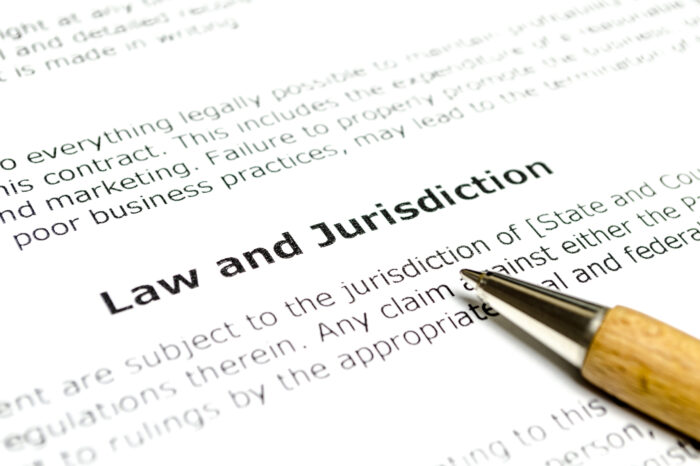
Personal Jurisdiction: The Court’s Power Over the Defendant

A court must have both personal jurisdiction and subject matter jurisdiction over a case. Subject matter jurisdiction is the court’s power to hear the subject matter of the case involved in the lawsuit. On the other hand, personal jurisdiction is the court’s power over the person or business being sued. A state court must have personal jurisdiction over the party being sued in order to impose personal liability or obligation in favor of a plaintiff. Burnham v. Superior Court (1990) 495 U.S. 604, 609; Kulko v. California Superior Court (1978) 436 U.S. 84, 91. So how can a court have personal jurisdiction over a person that has been sued? Personal jurisdiction may be established by one of the following:
- Residence/Place of Business. The courts in a state have personal jurisdiction over people who reside in the state or do business in the state.
- Presence. Even if a person being sued does not reside in the state, the court may have personal jurisdiction if the defendant is served with a copy of the summons and complaint while he or she is physically present in the forum state.
- Consent. A person being sued can simply consent to a court having personal jurisdiction over him or her. Consent can be express or implied. A voluntary appearance in the forum court and submitting to its jurisdiction would constitute express consent. A person who drives on the roads of the state gives his or her implied consent to the laws regulating the roads such that if the defendant is involved in a car accident in the forum state, the court has personal jurisdiction over that defendant.
- Minimum Contacts. A court may have personal jurisdiction over the person being sued if he or she has had certain “minimum contacts” with the forum state so as not to offend “traditional notions of fair play and substantial justice.” International Shoe v. Washington (1945) 326 U.S. 310, 316, citing Milliken v. Meyer (1940) 311 U.S. 457, 463. That is, there must be enough of a connection between the defendant and the state where the case has been filed for the court to determine that its exercise of power over the defendant is fair.
Jurisdiction may also be based on ownership of real property, which is otherwise known as in rem jurisdiction. As such, even if a court does not otherwise have personal jurisdiction over a defendant, the court may have jurisdiction over real property owned by the defendant in the forum state. In effect, the court’s jurisdiction over a defendant’s property gives it power over the defendant.
If you have been served with a lawsuit or are involved in a dispute and are contemplating legal action, contact Dias Law Firm, Inc. to set up a consultation. Our knowledgeable attorneys and staff are ready to assist you with your legal matter.
By: Ella R. Floresca, Esq.

For the general public: This Blog/Web Site is made available by the law firm publisher, Dias Law Firm, Inc., for educational purposes. It provides general information and a general understanding of the law, but does not provide specific legal advice. By using this site, commenting on posts, or sending inquiries through the site or contact email, you confirm that there is no attorney-client relationship between you and the Blog/Web Site publisher. The Blog/Web Site should not be used as a substitute for competent legal advice from a licensed attorney in your jurisdiction.
For attorneys: This Blog/Web Site is informational in nature and is not a substitute for legal research or a consultation on specific matters pertaining to your clients. Due to the dynamic nature of legal doctrines, what might be accurate one day may be inaccurate the next. As such, the contents of this blog must not be relied upon as a basis for arguments to a court or for your advice to clients without, again, further research or a consultation with our professionals.
Photo 149550474 © Denislav Georgiev | Dreamstime.com

